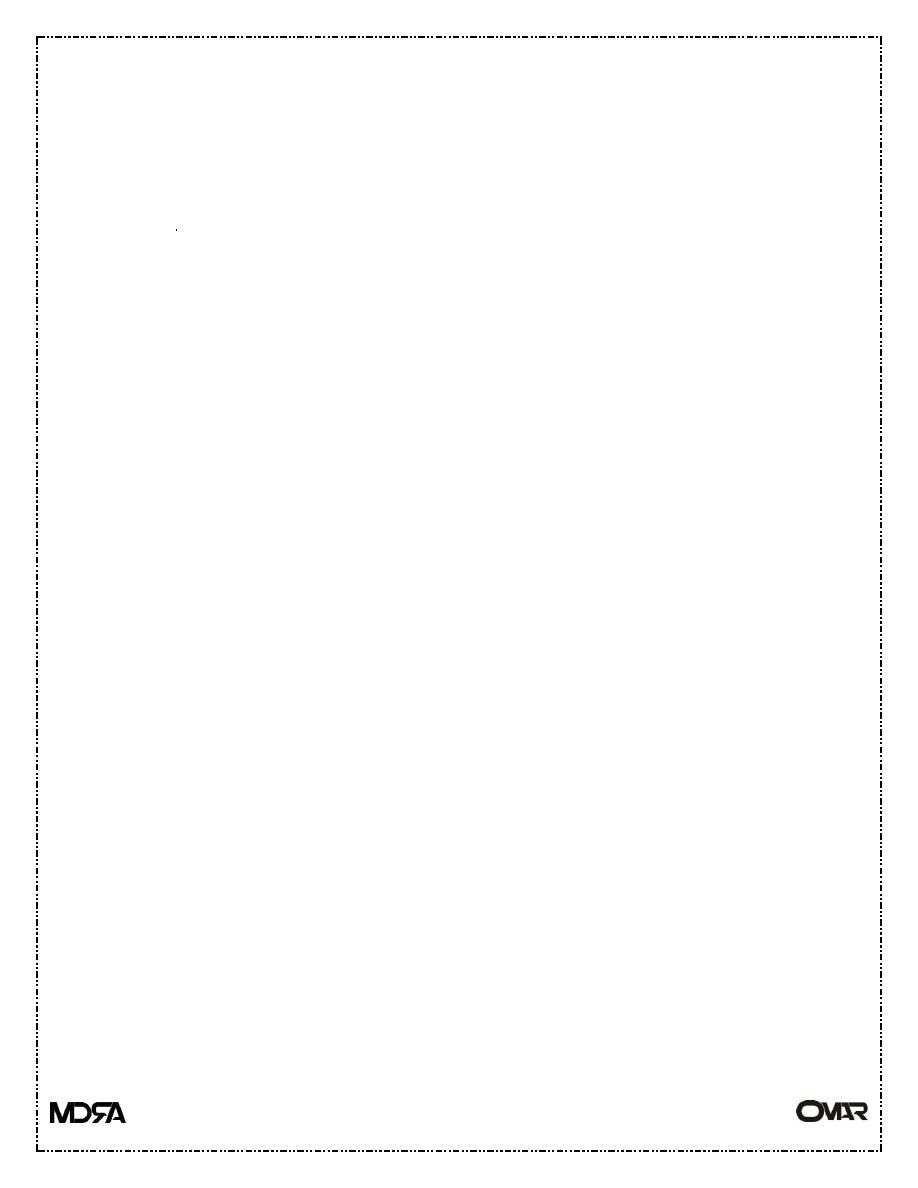
Pharmacology lecture
CNS
3
rd
Stage
1
ANTI-PSYCHOTIC AGENTS & LITHIUM :-
Antipsychotic or what we call it neuroleptic is agent used in treatment of
schizophrenia . such agents can be classified into the following classes :-
A- PHENOTHIAZINE that include following sub-class :-
1- aliphatic derivatives like chlorpromazine .
2-piperidine derivatives like thioridazine least potent agent
3-piperazine derivative like [ prochlorperazine , triflouperazine ,
perphenazine , fluphenazine ] which are the most potent agents .
B-THIOXANTHENE derivative like THIOTHIXENE consider as less potent than
phenothiazine .
C-BUTYROPHENONE derivative like haloperidol the most widely used one .
D- miscellaneous include 1- [pimozide , molindone , loxapine , clozapine ,
olanzapine ….etc ] , 2- Risperidone .
All the above drugs are readily absorbed but incompletely & undergo first pass
hepatic metabolism , highly lipid soluble & protein binding agents . they have much
longer clinical duration of action than their half-life this is due to following causes :
1- sequestration to the lipid compartment of body .
2- they are of high affinity foe selected neuro-transmitter receptors in CNS .
they metabolites by various process in the liver , they excrete in small amount as un-
change in the urine .
their PHARMOCOLOGICAL effects include :-
1- on Dopaminergic system :-
anti-psychotic agents block dopamine at both mesolimbic & meso-frontal system
, so they on using may lead to parkinsonism , hyperprolactenmia & changing in eating
behavior . they are of variable affinity for the receptors as follow
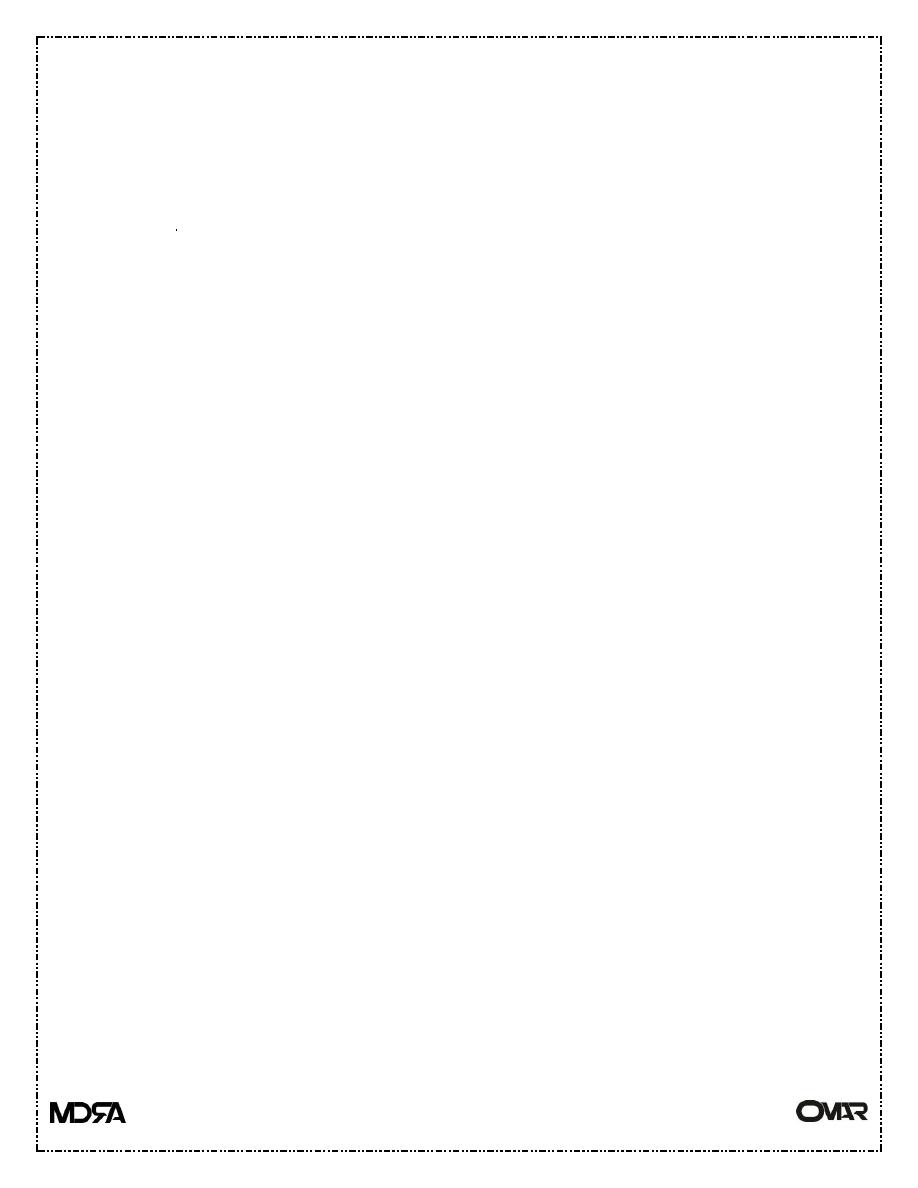
Pharmacology lecture
CNS
3
rd
Stage
2
chlorpromazine of affinity to α1 =5-TH2<D2<D1
haloperidol of affinity to D2<D1=D4<α1 <5-HT2
clozapine D4=α1<5-HT 2 <D2=D1
2- psychological effects :
it may cause sleepiness , restlessness & autonomic effects .
3-neuro-physilogical effects :
it cause a changes in electroencephalography EEG .
4- endocrine effects :-
it cause following effect in female [ amenorrhea , galactorrhea , false positive
pregnancy , increase the libido ] while in male cause gynecomastia & decrease libido
5- CVS effects :-
orthostatic hypotension , high resting pulse rates , decrease blood pressure – stoke
volume – peripheral resistance ..
CLINICAL INDICATION
1- psychiatric indication like [ schizophrenia , schizo-affective disorder , manic
episode , bipolar affective disorder , anxiety & touretts syndrome ] .
2- non-psychiatric indication like [as anti-emetic by blocking dopamine both centrally
in trigger zone of medulla & peripherally at stomach receptors ].
----------------------------
fluphenazine decanoate & haloperidol decanoate suitable for long term as parenteral
maintenance therapy in patient that can not tolerate or take oral preparation .
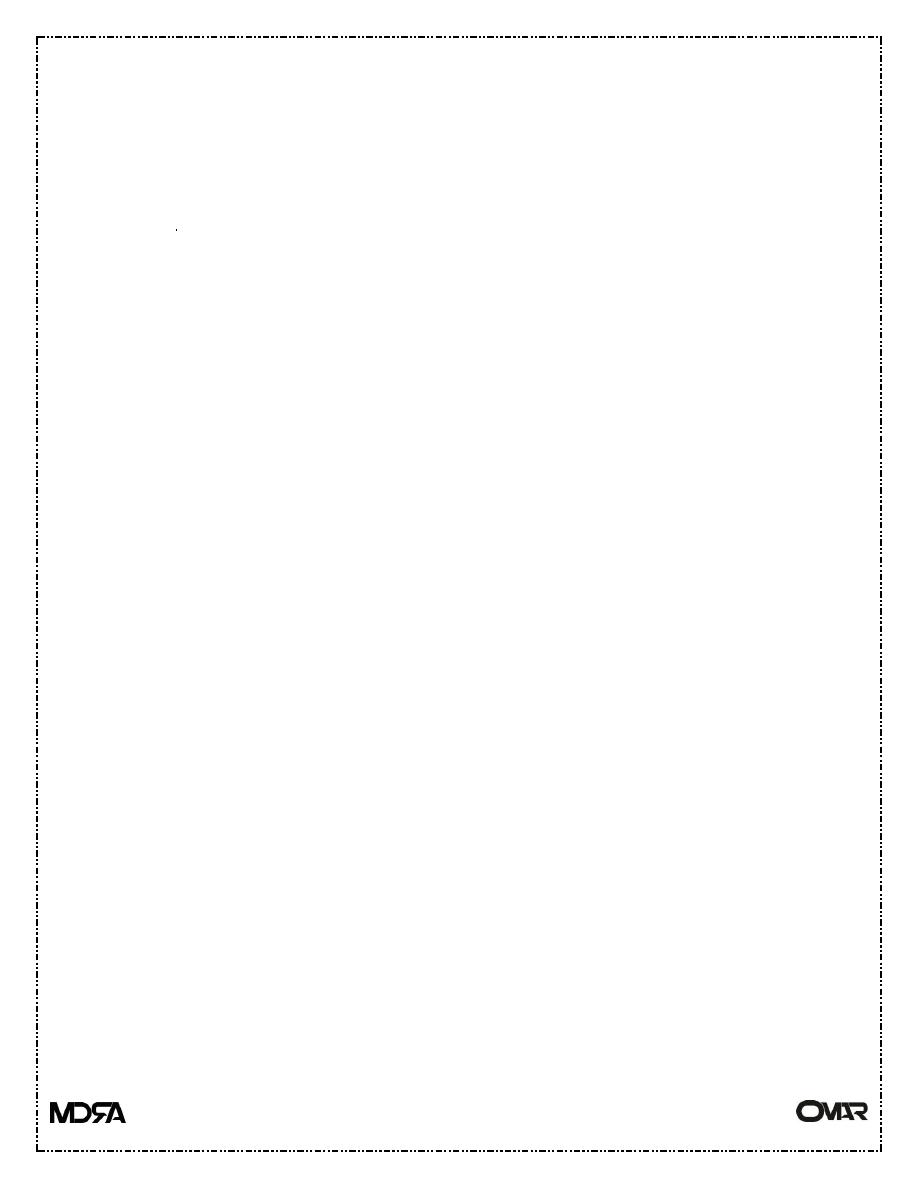
Pharmacology lecture
CNS
3
rd
Stage
3
usually give in divide daily doses & single night dose may be give in maintenance
therapy . may be use in combination with lithium or anti-depressant agents .
ADVERS EFFECTS
1- Behavior effects that need given in small daily dose & high night dose like change
in eating behavior .
2-neurological effects like parkinsonism syndrome , akathesia(un-controlled
restlessness ) , acute dystonic reaction (spastic torticollis) , tardive dyskinesia &
seizure .
3-autonomic effects that it cause anti-muscarnic effcts .
4-metabolic & endocrine effects like weight gain , increase PL ..etc .
5- allergic reaction as toxic reaction , skin rashes , cholestatic jaundice .
6-ocullar complication like deposit in lens & cornea in case of chlorpromazine ,
deposit ion retina in case of thioridazine .
7-cardiac toxicity like in case of thioridazine cause abnormal T wave in ECG , in
overdose cause arrhythmia & death .
8-neurologic malignant syndrome .
OVERDOSE
-Rarely to be fatal except for thioridazine & mesoridazine
-drowsiness & coma that end in convulsion , miotic pupil , hypothermia m
hypotension .
treatment include
1- admit patient to ICU for vital sign monitoring .
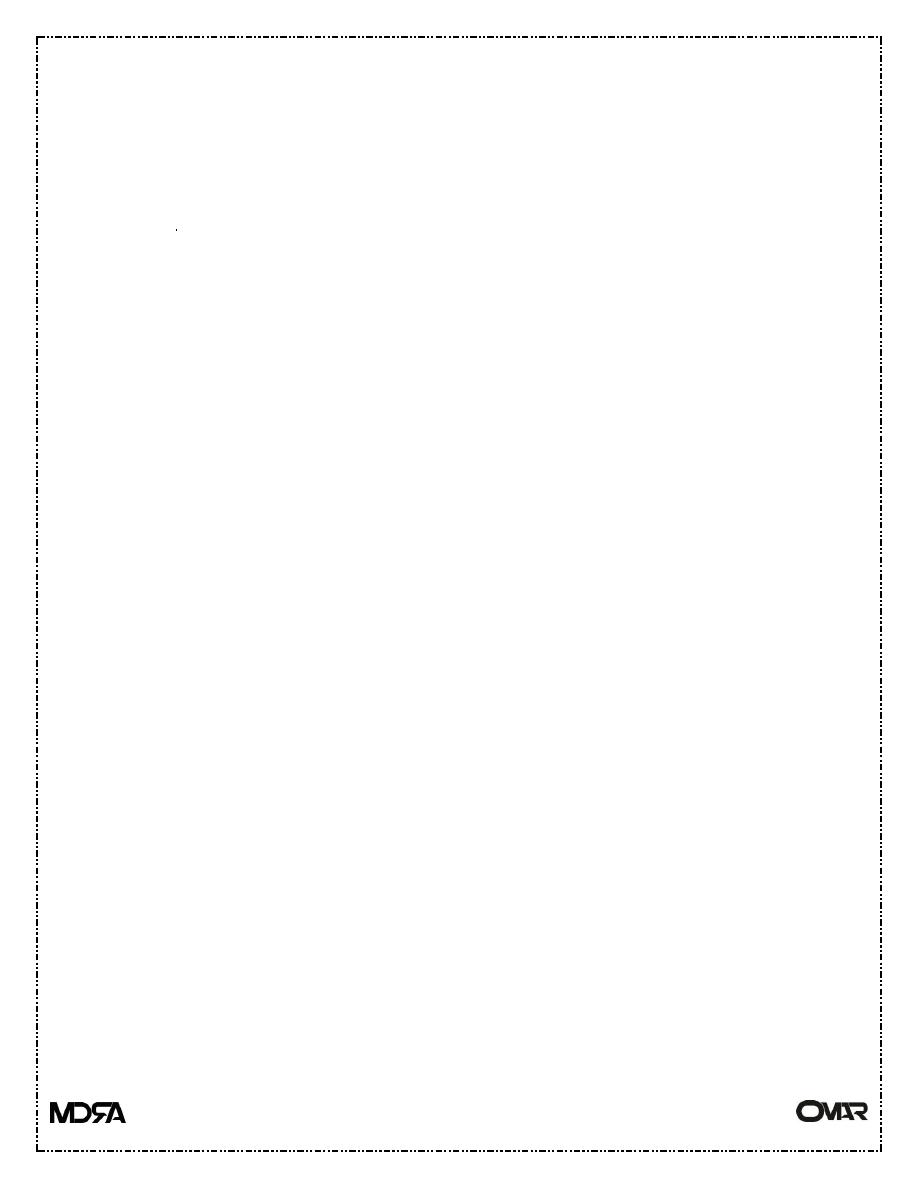
Pharmacology lecture
CNS
3
rd
Stage
4
2-gastric lavage it cause a reduction in motility so we do gastric lavage even after few
hours of ingestion .
3- use activated charcool as antidote .
4-IV fluid + treat seizure .
5- NE or dopamine to be give .
============================================================
LITHIUM It is consider as mood- stabilizing drug , it is use in bipolar affective
(manic depressive)
Disorder that’s due to increase activity of catecholamine so drug reduce activity of
dopamine or NE cause reliving of mania .
LITHIUM it is small mono-valent cation agent , completely absorbed within 6-8
hours , distributed to all body water , not undergo metabolism & excreted in the urine
Mode of action :-
1- by their effect on electrolytes & ion transport that lithium cause substitute sodium
in generation of action potential by inhibit sodium-sodium exchange to cause lithium
–sodium exchange .
2-by their effects on neuro-transmitter & their release ; lithium enhance action of
serotonine & of variable effect on NE , it decrease NE & dopamine turnover ,
augmented synthesis of Ach by increase uptake of choline .
3- by their effect on the secondary messenger & intra-cellular enzymes that mediate
transmitter action , so IP3 & DA6 are important secondary messenger of alfa &
muscarnic transmission , lithium inhibit conversion of IP2 in to IP1& conversion of
IP1 to PI that cause a depletion of PIP .
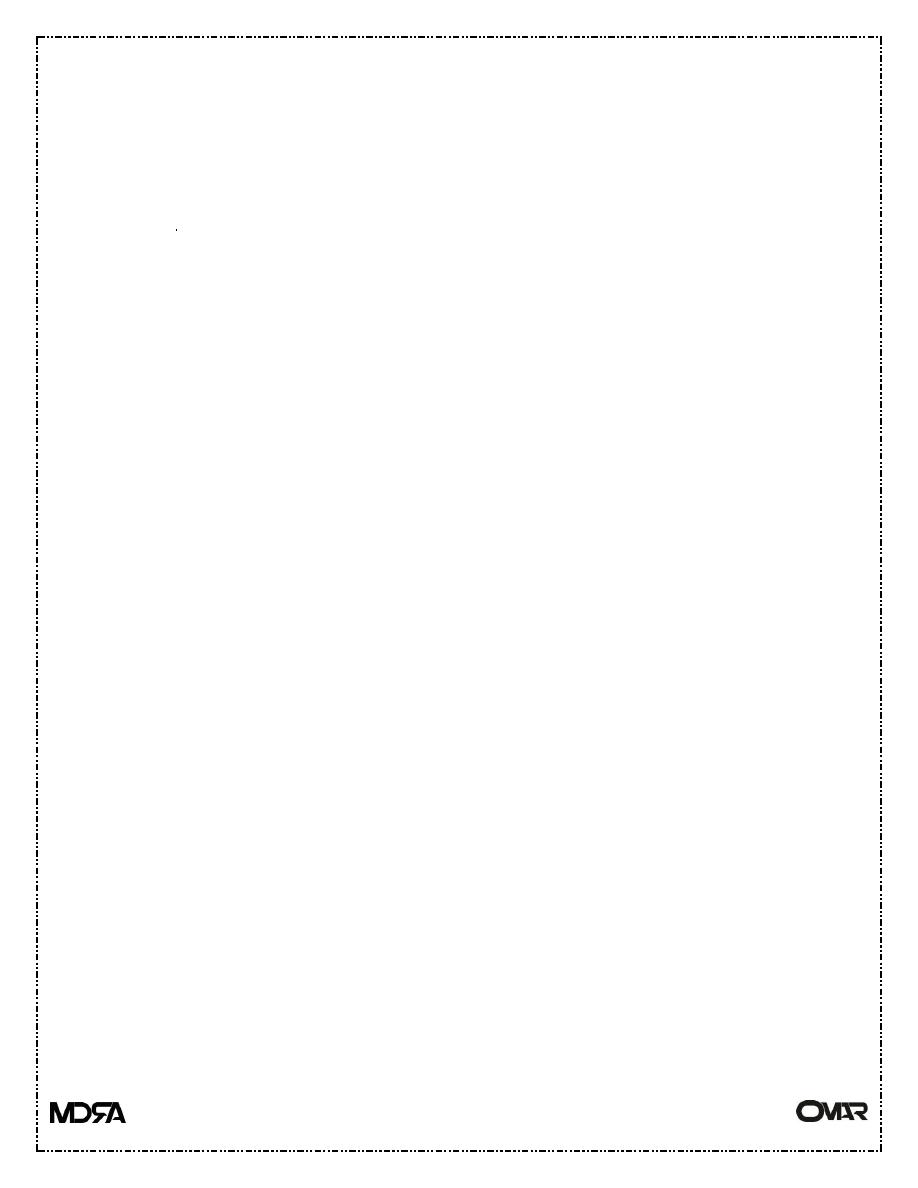
Pharmacology lecture
CNS
3
rd
Stage
5
CLINICAL USES OF LITHIUM
1- BIPOLAR AFFECTIVE DISORDER .
2- other like acute endogenous depression , schizo-affective disorder .
ADVERS EFFECTS :
1-neurological & psychiatric effects like tremor that can be treated with propanolol or
atenolol , choreoathetosis , motor hyperactivity , ataxia , aphasia .
2-on thyroid function it cause a reduction in thyroid function that is non-progressive
& reversible .
3-on renal system it cause polydipsia , polyuria due to loss of collecting tubules ability
to conserve water under influence of anti-diuretic hormone .
4-edema .
5-on CVS it cause bradycardia tachycardia syndrome .
6-on pregnancy it is safer but toxic effect occur after delivery .
over dose treated by peritoneal dialysis & hemodialysis.
Before treatment we should now lab. Data of patient like CBP , urilysis , ECG ,
common biochemical tests . also we should now age – weight & renal state of patient
since it determine initial dose of therapy . daily dose of 0.5 Meq/kg cause a desire
serum level of lithium . each 300 mg = 8Meq , daily dose range 600-3600 mg in
divide daily doses to avoid gastric distress . treatment need careful monitoring of
plasma conc. for safety & actual doses . maintenance required in patient with recurrent
episode about two times/ year
